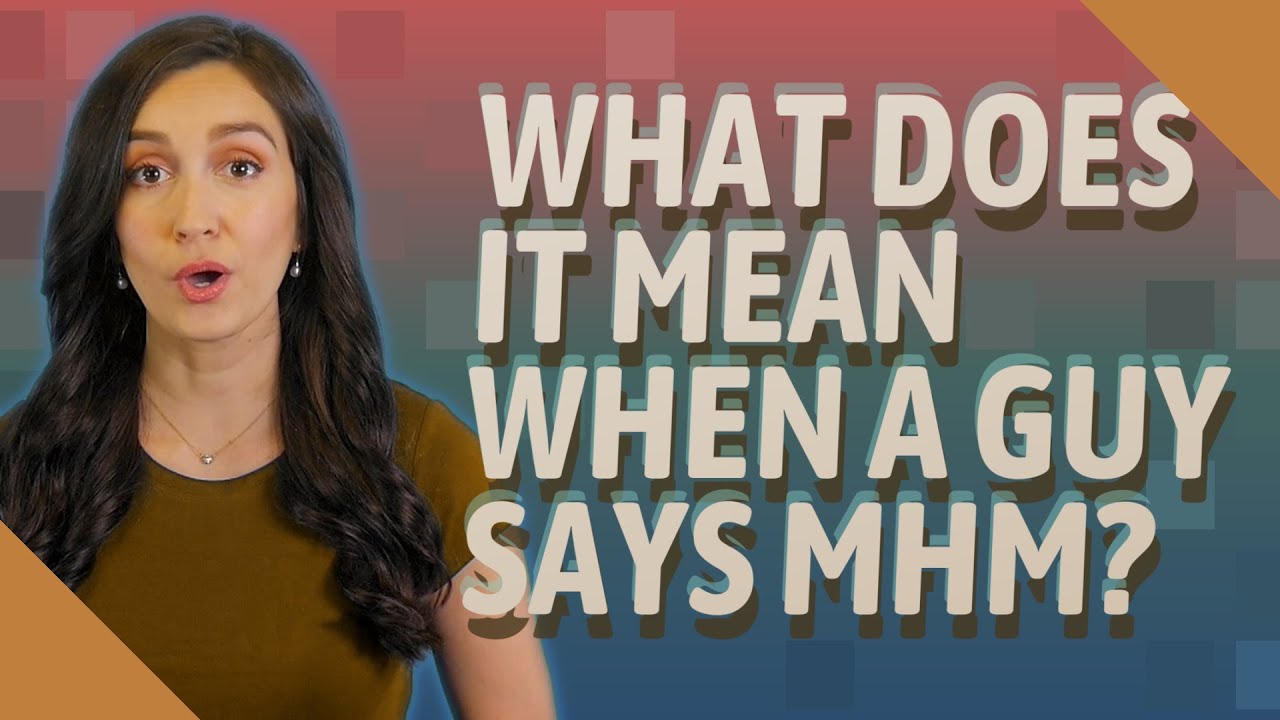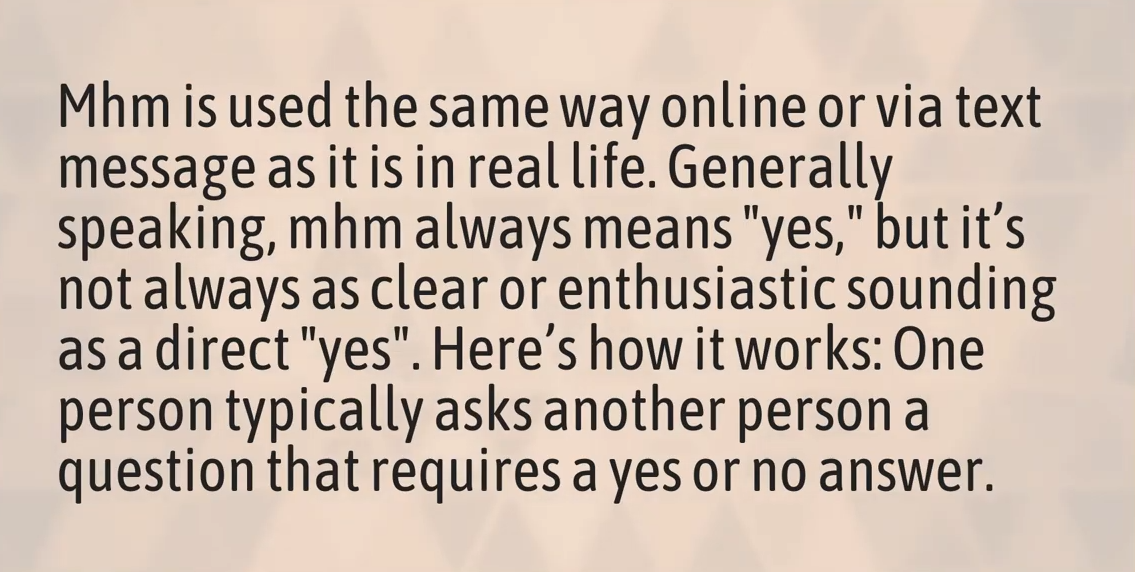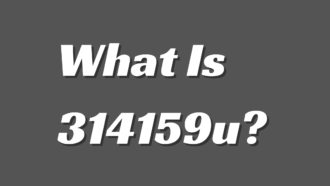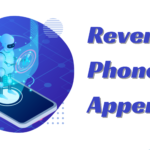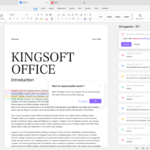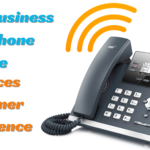What Does Mhm Mean?
Most English speakers know that the sound “MHM” means “yes.” To be more specific, it sounds like an extended “mmmm” followed by a prolonged “hmmm,” kind of like humming. I am wondering what mhm means. Read on to know more.
So, what does mhm mean?
At first glance, mhm must stand for something, given how common acronyms are on the Internet (especially ones that contain three letters). But mhm isn’t really an acronym.
It’s a good answer because it stands for “mm-hmmm,” which means “I agree with you.”
Mhm is used the same way in real life, online, and in text messages. Mhm always means “yes,” but it doesn’t always sound as clear or enthusiastic as a direct “yes.” It works as follows: A question that needs a yes or no answer is usually asked by one person to another. If the other person thinks yes, they may type “mhm” instead of “yes.”
When used in real life, mhm can mean different things depending on how it’s said. How excited or bored someone is when they say “yes” depends a lot on how they say it. Unfortunately, a person can’t show their tone of voice in a text or online the same way they can in person, so you’ll have to look at other things to figure out what they mean by mhm. The context of the conversation and the relationship between the person who asked the question and the person who answered can help you figure out what a person really means what does mhm mean?
Is It Considered Rude To Talk About MHM?
If you’re having a conversation with someone who never stops talking and doesn’t let you say anything, all you’ll be able to say is “yes,” “mhm,” and “wow, that’s crazy” every once in a while. This is a bad sign. Then no, it’s not rude. Always try to add something to a conversation and be polite about it.
When to Say “Mhm” and When to Say “Yes”
Mhm often means “yes,” but there’s usually a suitable time and place. Here are some general rules to follow to use it online or in a text message.
How to Use the “MHM”?
You’re talking in a very casual way. Messaged a friend? Facebook question you want to answer? You can likely use mhm. After you answer, you have more to say. As we’ve already said, the context has much to do with mhm, so if you want to comment on what you’re saying yes to, your mhm answer will reflect that. You think “yes” should be your answer, but you feel neutral or even against it. So you know you should say yes, but you’re unsure how you feel about it. If you want the questioner to know that you don’t care or don’t agree, you can just say, “mhm.”
How to Say “Yes”?
You’re talking in a professional or proper way. If you’re emailing your college professor, talking about a serious problem, or having any other conversation that requires proper email etiquette and no kidding around, your best bet is to just say yes. You want your answer to be as clear as day. Not everyone knows what “mhm” means, and even if they do, they might not be able to tell when it’s a sincere “yes.” If you want to be clear about your answer, just say “yes.” You’re sure that you’ll say yes.
Tips For Responding To “Mhm”
- When you respond with “Mhm,” you should be aware of the conversation’s context and tone. You should also pay attention to how the other person moves. This will help you figure out how to answer in the best way.
- Also, you should be aware of your own body language and voice tone. When you respond with “Mhm,” make sure to be polite and interested. This will show that you are paying attention and are interested in what the other person is saying.
- Lastly, it’s important to be aware of what you want to say when you say “Mhm.” Are you trying to show that you’re listening and engaged in the conversation? Or are you just trying to make the other person shut up? If you know what you want to say, you’ll be able to say it in the best way.
FAQs
What does the letter “Hmm” on Snapchat mean?
Hmmon snapchat might be used to make space for other things. For example, if there is a period of stillness, one may remark ‘hmm’ to break the silence.” Hmm, this quiet time is a little unsettling.
Is it rude to say yes?
It is not disrespectful if it is used in the right way. Native speakers use language that sounds natural to add to a conversation, set a tone or mood, or just relax.

